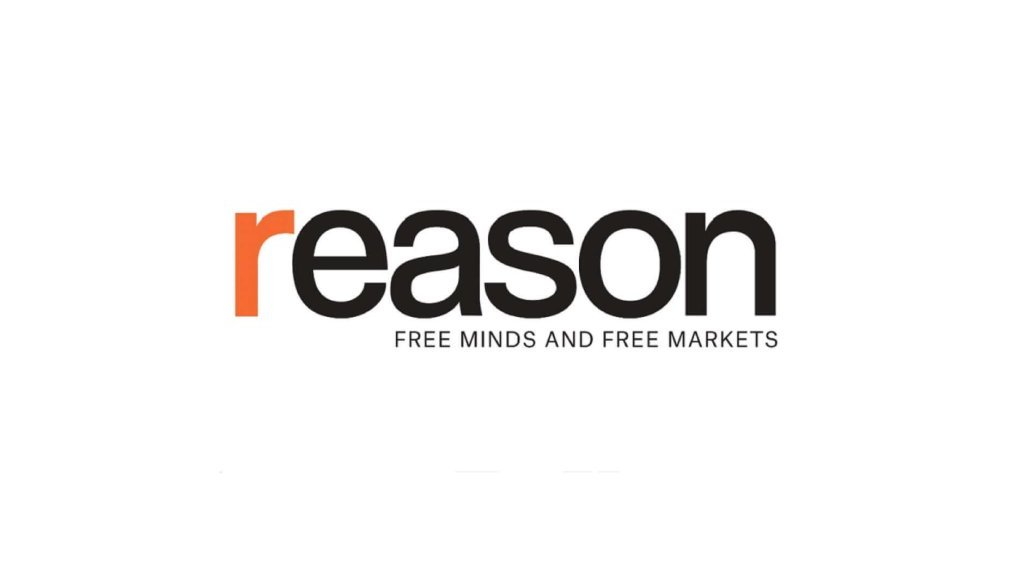#TheyLied Lawsuits Alleging False Title IX Complaints: Defamation and Malicious Prosecution
Say Devon goes to some government body and accuses Pat of committing a crime: maybe rape, or theft, or fraud, or whatever else. Pat wants to sue Devon, claiming these allegations are factually false.
It turns out there are two possible tort theories for Pat to use, each with its own constraints. The most well-known is defamation, the theory being that Devon said something about Pat that was false.
But the other is “malicious prosecution,” the theory being that Devon brought about a government action against Pat, based on something false. Confusingly, the term extends both to bringing about criminal proceedings (what we normally view as “prosecution”) and bringing about civil proceedings. (Sometimes, the latter is called wrongful use of civil proceedings or some such, but often it’s just called malicious prosecution.)
In some ways, malicious prosecution claims are harder to bring. But in another important way, they are available even when defamation claims aren’t. That’s becoming potentially quite important for lawsuits that stem from Title IX proceedings, as we’ll see below.
Defamation: To begin with, defamation generally consists of (to oversimplify)
- making a false statement of fact,
- that one knew or should have known was false,
- that isn’t privileged,
- and that tends to cause reputational harm.
To give a classic example, say Devon publicly accuses Pat of a crime and Pat sues for defamation. If Pat can prove the statement is knowingly or negligently false, then Pat would generally be able to prevail.
But say that Devon brought the accusation not in public, but to the police, to a prosecutor, to a court, or to an administrative agency. That sort of accusation may well be privileged, and thus potentially protected from defamation liability. Such privileges comes in two varieties:
- qualified privilege, which protects Devon from liability from honest mistakes (even unreasonable mistakes) but not deliberate lies, and
- absolute privilege, which protects Devon from all liability, even if Pat can persuade a jury that Devon deliberately lied.
Which sort of privilege depends on the context, and on the jurisdiction. In particular,
- If Devon made the initial allegations as a litigant, in a complaint filed in court or before an administrative agency, those allegations would be absolutely privileged from defamation liability.
- If Devon made the initial allegations by a statement to the police or prosecutors or civil enforcers, most states would view those allegations as covered by qualified privilege but some states would view them as covered by absolute privilege.
Malicious prosecution: Yet even when a defamation claim is unavailable because of absolute privilege, Pat can still sue Devon for “malicious prosecution.” To oversimplify somewhat, Pat can prevail in a malicious prosecution claim if Pat can show that
- Devon’s allegations brought about a legal action (criminal, civil, or administrative) against Pat,
- that action terminated in Pat’s favor (whether through a verdict, a judicial dismissal of the original action, or the prosecutor’s or plaintiff’s dropping the original action), and
- Devon’s allegations lacked probable cause, and were actuated by “malice.”
In practice, element 3 is generally satisfied if Devon knew the factual allegations were false; this is the scenario on which we’ll focus in this discussion.
Elements 1 and 2 are extra requirements for Pat beyond what’s required in a defamation claim. But, unlike with defamation, malicious prosecution may be available even when a defamation claim is blocked by absolute privilege. As you might gather, the law is trying to reconcile two concerns here:
- On one hand, we don’t want to unduly deter people in Devon’s shoes from making
Article from Reason.com

The Reason Magazine website is a go-to destination for libertarians seeking cogent analysis, investigative reporting, and thought-provoking commentary. Championing the principles of individual freedom, limited government, and free markets, the site offers a diverse range of articles, videos, and podcasts that challenge conventional wisdom and advocate for libertarian solutions. Whether you’re interested in politics, culture, or technology, Reason provides a unique lens that prioritizes liberty and rational discourse. It’s an essential resource for those who value critical thinking and nuanced debate in the pursuit of a freer society.



